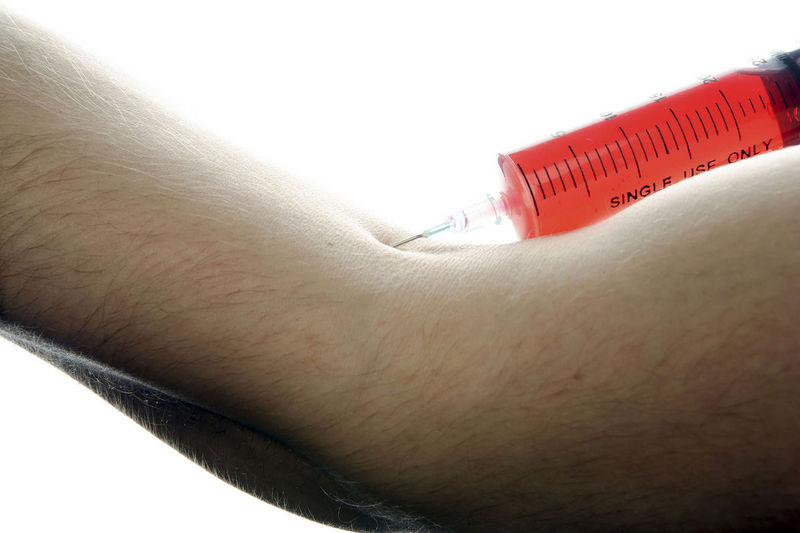
TUESDAY, Sept. 24 (HealthDay News) — Men with low testosterone may have a slightly increased risk of developing or dying from heart disease, according to a new review.
Researchers analyzed studies that looked at testosterone levels and cardiovascular disease and were published between 1970 and 2013. Testosterone is a male sex hormone involved in sex drive, sperm production and bone health. Over time, low testosterone may contribute to an increase in body fat and a loss of muscle bulk and body hair.
The review, which will be published in the Journal of Clinical Endocrinology & Metabolism, showed increasing evidence suggesting a connection between low testosterone levels and heart disease.
The review, however, did not establish a cause-and-effect relationship between low testosterone in men and heart disease risk.
Among other findings were the following:
- Treatment with testosterone-replacement therapy did not improve heart health.
- There was little evidence of a link between low testosterone and atherosclerosis, the hardening and narrowing of the arteries that can cause heart attack and stroke.
- There was no connection between testosterone levels and heart attack risk.
“When we reviewed the existing research into testosterone and cardiovascular disease, a growing body of evidence suggested a modest connection between the two,” study lead author Dr. Johannes Ruige, of Ghent University Hospital in Belgium, said in a journal news release. “A specific [disease process] did not come forward, but perhaps less frequently investigated events may play a role, such as thrombosis, where a blood clot develops in the circulatory system, or arrhythmia, where there is a problem with the heart beat or rate.”
“Based on current findings, though, we cannot rule out that low testosterone and heart disease both result from poor overall health,” he added.
Additional research is needed to confirm the relationship between the two conditions.
“Gaps still remain in our understanding of low testosterone and cardiovascular disease,” Ruige said. “Ultimately, the goal is to more accurately assess the impact testosterone substitution therapy may have on the heart health of men who qualify for the treatment.”
Ruige said a growing number of older and middle-aged men are being prescribed testosterone-replacement therapy, but there is debate about whether the practice is too widespread.
More information
The Urology Care Foundation has more about low testosterone.
Copyright © 2026 HealthDay. All rights reserved.

